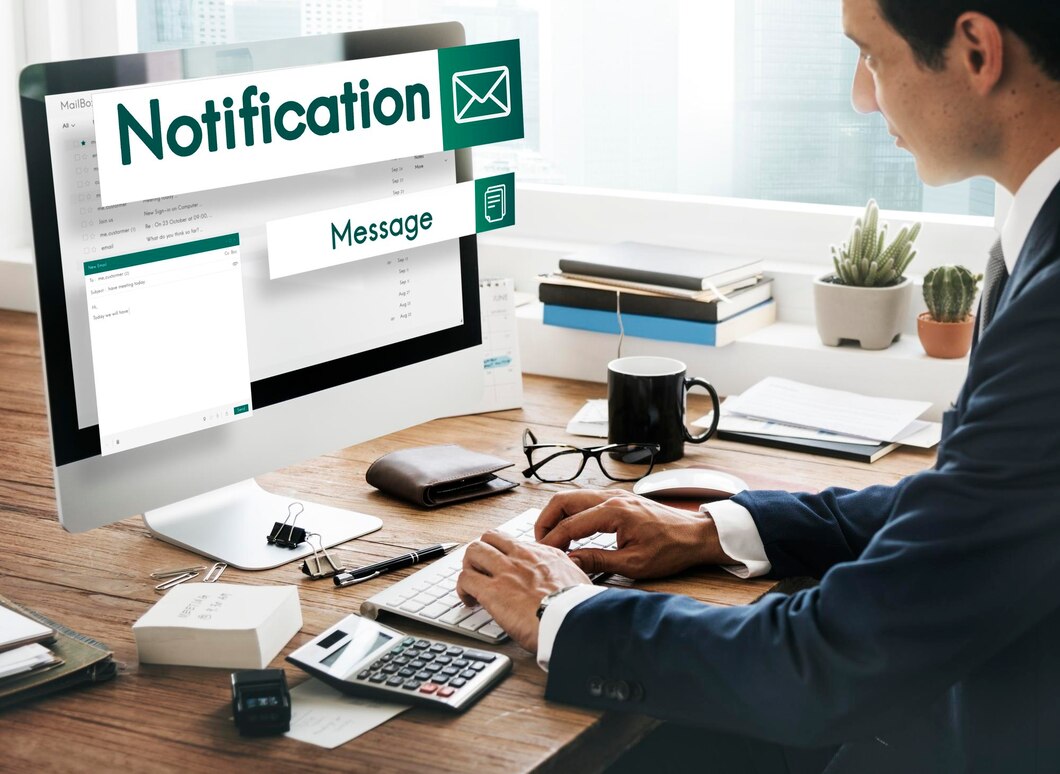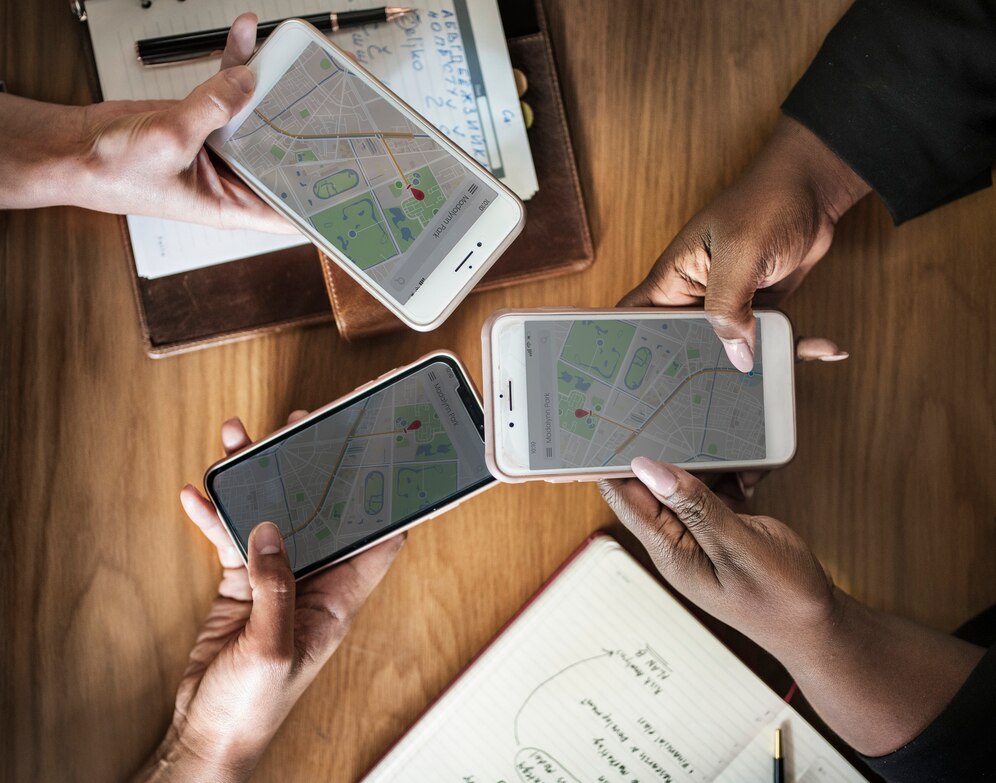How to Create a Mobile App for the Event Planning Industry
The event planning industry thrives on coordination, communication, and delivering unforgettable experiences. With the increasing reliance on technology, businesses are turning to Mobile Apps to streamline event management processes, improve user engagement, and enhance overall efficiency. For Mobile app developers, this industry offers immense opportunities to create innovative solutions tailored to the needs of event planners, organizers, and attendees. This article explores the steps and considerations for creating a Mobile App that serves the event planning sector effectively.
Understanding the Needs of the Event Planning Industry

Before diving into app development, it’s essential for Mobile app developers to thoroughly understand the specific challenges and requirements of the event planning industry. This industry demands solutions that can handle complex logistical details such as scheduling, budgeting, vendor management, and attendee engagement. Mobile apps can address these needs by offering functionalities like ticketing, real-time notifications, and analytics. The key is to develop an app that simplifies these tasks while delivering a seamless user experience.
To begin, developers should research the target audience, including event planners, corporate clients, and end-users. By identifying their pain points, developers can prioritize features that provide tangible benefits. For example, event planners may need tools to manage multiple events simultaneously, while attendees might seek a user-friendly interface to register, purchase tickets, or access event schedules.
Defining the Core Features of Your Mobile App

The success of any app lies in its ability to solve problems effectively. For the event planning industry, core features might include an event calendar, ticketing system, and real-time communication tools. Mobile app developers should also consider incorporating features like customizable templates for event invitations, integration with social media platforms, and secure payment gateways.
Event planners value efficiency, so automation features like task reminders, budget tracking, and vendor coordination tools can significantly enhance the app’s appeal. For attendees, features such as event maps, live updates, and networking opportunities can elevate their overall experience. By focusing on these core functionalities, developers can create an app that addresses the needs of all stakeholders.
Choosing the Right Technology Stack

The technology stack you choose plays a crucial role in the performance and scalability of the app. Mobile app developers should carefully select programming languages, frameworks, and tools that align with the project’s requirements. For instance, using frameworks like React Native or Flutter can help create cross-platform apps that work seamlessly on both iOS and Android devices.
Scalability is another critical consideration. As the app gains popularity, it should be capable of handling increased user activity without compromising performance. Cloud-based solutions for backend infrastructure can provide the flexibility and reliability needed for such scenarios. Additionally, implementing robust security measures is essential to protect user data and maintain trust.
Designing a User-Centric Interface

A well-designed user interface (UI) is integral to the success of any Mobile App. For the event planning industry, where users may range from tech-savvy professionals to casual attendees, the UI must be intuitive and easy to navigate. Mobile app developers should focus on creating a visually appealing design that enhances usability.
Using design principles such as consistency, simplicity, and accessibility ensures a positive user experience. Developers should also prioritize responsive design, ensuring the app performs well on various screen sizes and orientations. Regular usability testing during the development phase can help identify and address any potential issues before the app’s launch.
Integrating Advanced Features

To stand out in a competitive market, consider integrating advanced features powered by emerging technologies. For example, incorporating augmented reality (AR) can enhance event experiences by allowing attendees to visualize seating arrangements or navigate event venues interactively. Artificial intelligence (AI) can be used for personalized recommendations, such as suggesting sessions or networking opportunities based on user preferences.
Another valuable feature is analytics and reporting. Event planners can use data insights to evaluate the success of their events and make informed decisions for future planning. Mobile app developers should ensure these advanced features are seamlessly integrated without overwhelming the user interface.
Testing and Launching the App

Thorough testing is critical to ensure the app’s functionality and reliability. Mobile app developers should conduct extensive testing across different devices, operating systems, and network conditions to identify and fix any bugs or glitches. Beta testing with a small group of users can provide valuable feedback and help refine the app before its official launch.
Once testing is complete, the app is ready for deployment on app stores. Developers should optimize the app’s listing with compelling descriptions, screenshots, and keywords to improve its discoverability. Post-launch, regular updates and user support are vital to maintaining the app’s relevance and addressing any issues that arise.
Promoting Your Mobile App

Creating a great app is only part of the equation; promoting it effectively is equally important. Mobile app developers should collaborate with event planning businesses to demonstrate the app’s value and build partnerships. Leveraging digital marketing strategies such as social media campaigns, content marketing, and search engine optimization (SEO) can help reach a broader audience.
Gathering user feedback and implementing suggested improvements can also boost the app’s reputation and increase user retention. Developers should actively engage with users to build a loyal community and encourage word-of-mouth referrals.
Conclusion

The event planning industry offers a fertile ground for innovation, and Mobile Apps have the potential to revolutionize the way events are organized and experienced. By understanding the industry’s unique needs, defining essential features, choosing the right technology stack, and prioritizing user-centric design, Mobile app developers can create impactful solutions that drive efficiency and engagement.
With careful planning, thorough testing, and strategic promotion, your Mobile App can become an indispensable tool for event planners and attendees alike. As technology continues to evolve, the opportunities for Mobile app developers in the event planning sector are virtually limitless.






